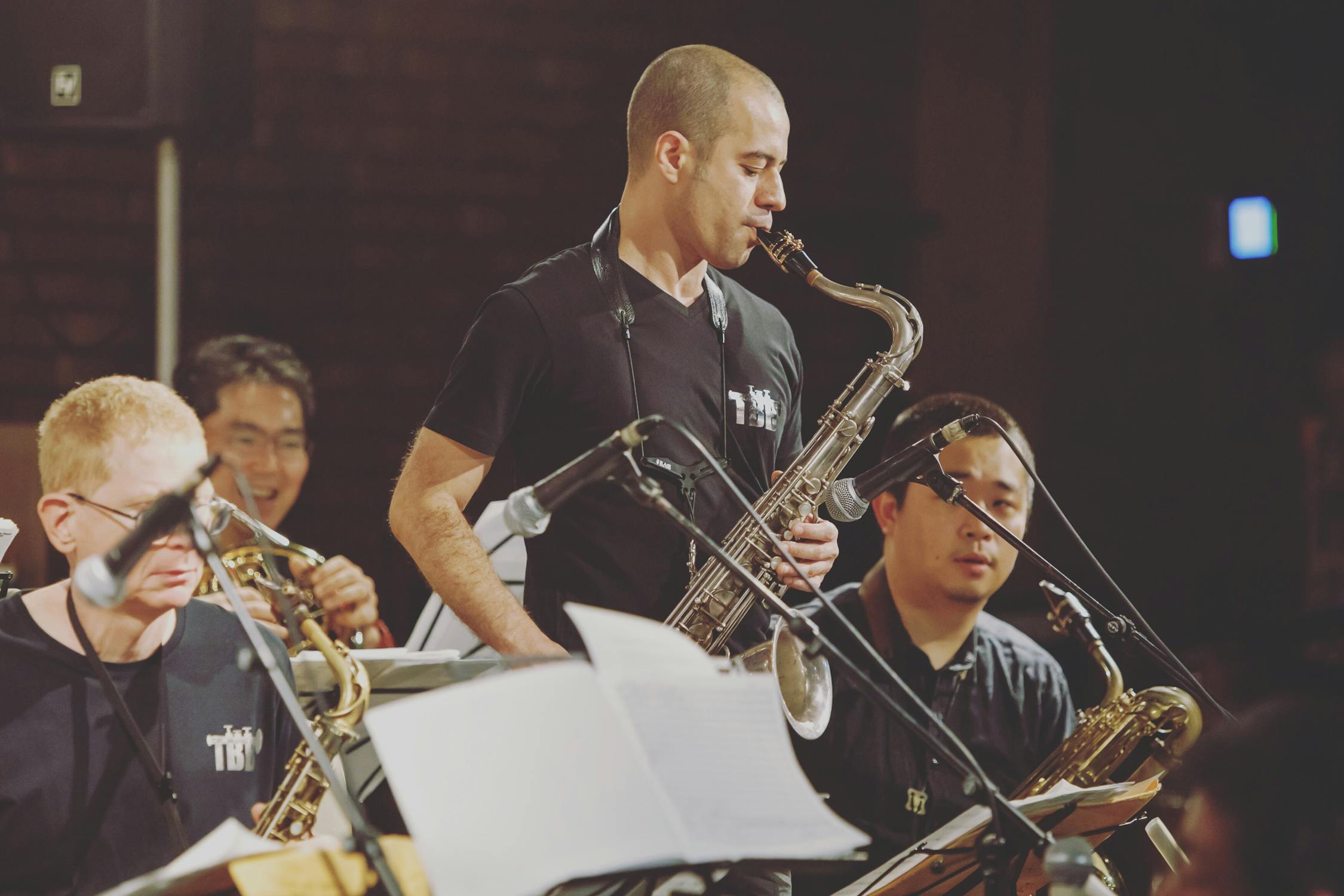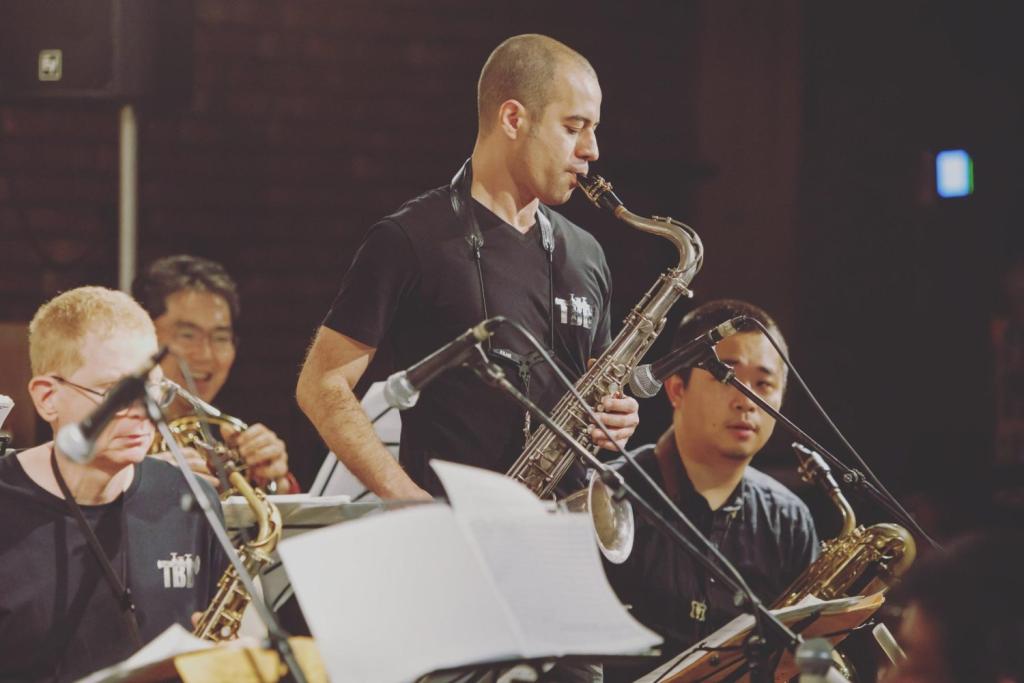In the realm of addiction treatment, the power of unconventional therapeutic approaches is gaining recognition. One such innovative tool that has been making waves in the field is music therapy. Drawing upon the harmonious blend of science and art, music therapy has emerged as a potent ally in the battle against addiction. With a growing body of research and empirical evidence, the role of music in cognitive and emotional therapy is garnering attention and respect.


Understanding the Therapeutic Potential of Music
Music, often referred to as the universal language, has an innate ability to evoke emotions, memories, and connections. This phenomenon forms the foundation of music therapy, a practice that harnesses the communicative power of melodies, rhythms, and harmonies to achieve therapeutic outcomes. In the context of addiction treatment, music therapy serves as a complementary approach that addresses both cognitive and emotional facets of recovery.
Cognitive Rehabilitation through Melodic Pathways
The cognitive struggles faced by individuals battling addiction are substantial. Prolonged substance abuse can impair cognitive functions such as attention, memory, and decision-making. Music therapy enters this arena with a promise of cognitive rehabilitation. Engaging with music stimulates various neural pathways, fostering connections that can potentially enhance cognitive abilities. Studies have shown that music therapy can aid in the restoration of attention and memory functions, allowing individuals in recovery to regain cognitive control.
The Rhythm of Emotional Resonance
Emotional resilience is a cornerstone of addiction recovery. Music, with its ability to evoke a wide range of emotions, provides a unique platform for emotional exploration and healing. Whether it’s the soothing notes of a classical composition or the energizing beat of a rock anthem, music has the power to tap into emotional reservoirs. In therapy sessions, music becomes a vessel through which individuals can express and process their emotions, paving the way for emotional growth and healing.
Harmonizing Neurochemistry with Music
The neurochemical imbalances that often accompany addiction can be addressed through music therapy as well. Listening to music triggers the release of dopamine, a neurotransmitter associated with pleasure and reward. This natural release of dopamine can help mitigate the cravings that individuals in recovery may experience. Moreover, music’s impact on the brain’s limbic system—the seat of emotions—can facilitate emotional regulation, reducing the intensity of negative feelings that may trigger relapse.
Structured Sessions and Cognitive Behavioral Strategies
Music therapy is far from a random selection of songs. Therapists in the addiction treatment industry carefully curate music interventions based on the individual’s needs and goals. These interventions are structured, often combining music with cognitive behavioral strategies. For instance, lyrics analysis can help individuals identify and challenge distorted thought patterns, a fundamental component of cognitive therapy. By integrating music into established therapeutic techniques, the treatment gains a multi-dimensional depth.
Empowering Self-Expression and Identity
Addiction can strip individuals of their sense of self. Recovery, then, becomes a journey of rediscovering and rebuilding one’s identity. Music, as a form of self-expression, can play a pivotal role in this process. Songwriting, improvisation, and musical exploration enable individuals to express their innermost thoughts and feelings. This process fosters a sense of agency and empowerment, allowing individuals to redefine their self-perception and construct a positive narrative for their recovery journey.
Incorporating Music into Treatment Plans
The integration of music therapy into addiction treatment plans is a dynamic process. From individual sessions to group activities, music therapy offers a versatile range of interventions. Group drumming circles, for example, can foster a sense of community and belonging, vital components of recovery. Additionally, technology-driven platforms have extended the reach of music therapy, enabling remote sessions and personalized playlists that individuals can engage with on their own time.
Evidential Support and Moving Forward
The integration of music therapy in addiction treatment is not just anecdotal; it is backed by a growing body of research. Studies have shown that music therapy can reduce symptoms of anxiety and depression, enhance emotional regulation, and improve overall well-being in individuals recovering from addiction. These findings reinforce the significance of music therapy as a potent tool within the addiction treatment industry.
Conclusion
In the multifaceted journey of addiction recovery, traditional therapeutic approaches are being supplemented with innovative strategies. Music therapy stands as a testament to the potency of unconventional methods. Through cognitive rehabilitation, emotional resonance, and the harmonization of neurochemistry, music therapy addresses the diverse challenges faced by individuals in recovery. As this field continues to evolve, its integration into addiction treatment plans could serve as a harmonious symphony that aids individuals in reclaiming their lives from the clutches of addiction.


